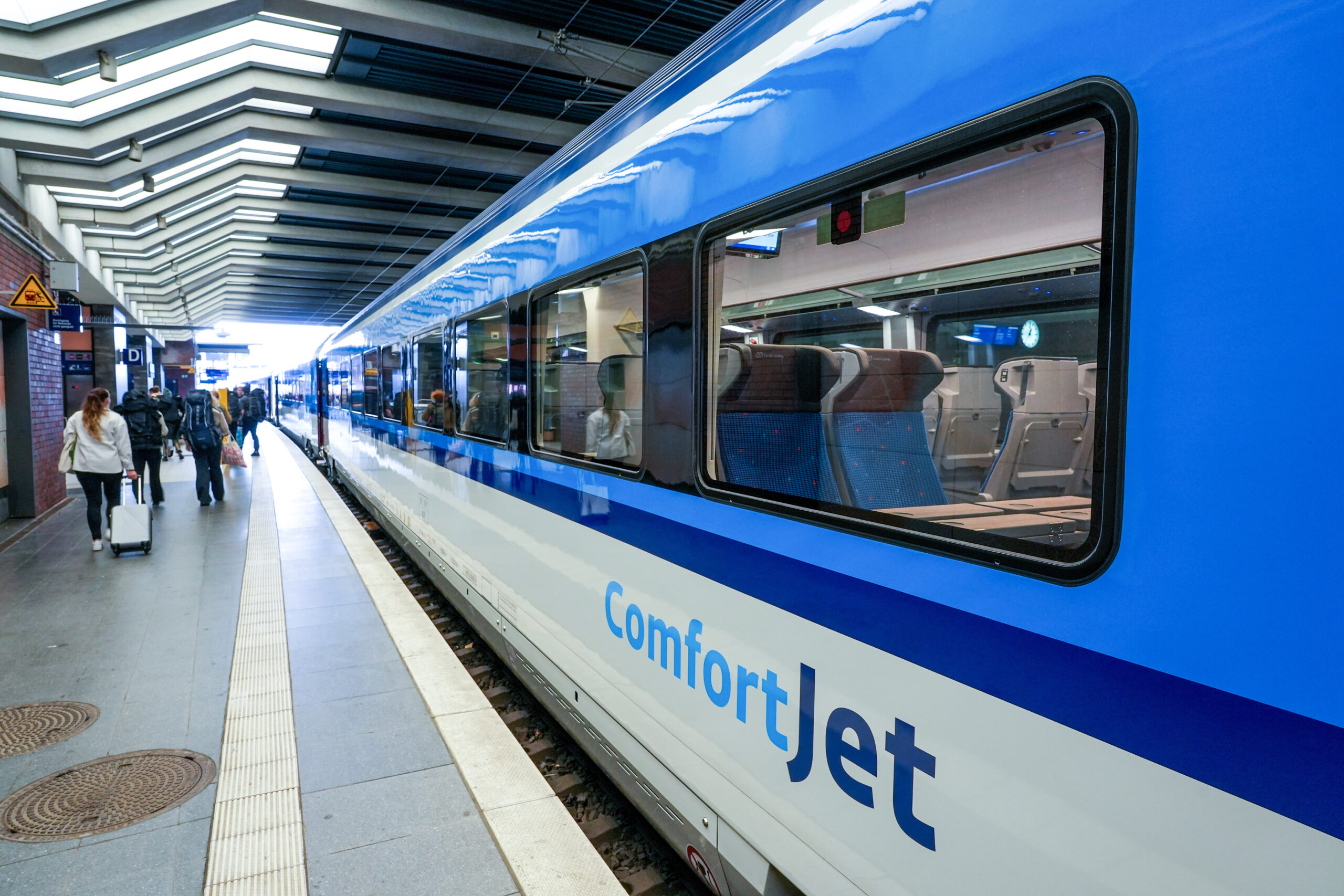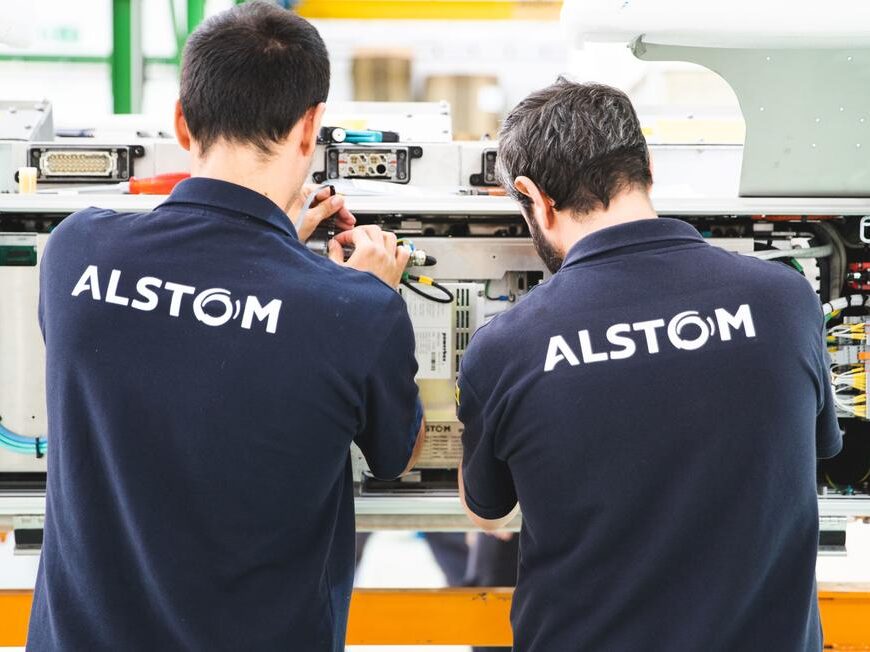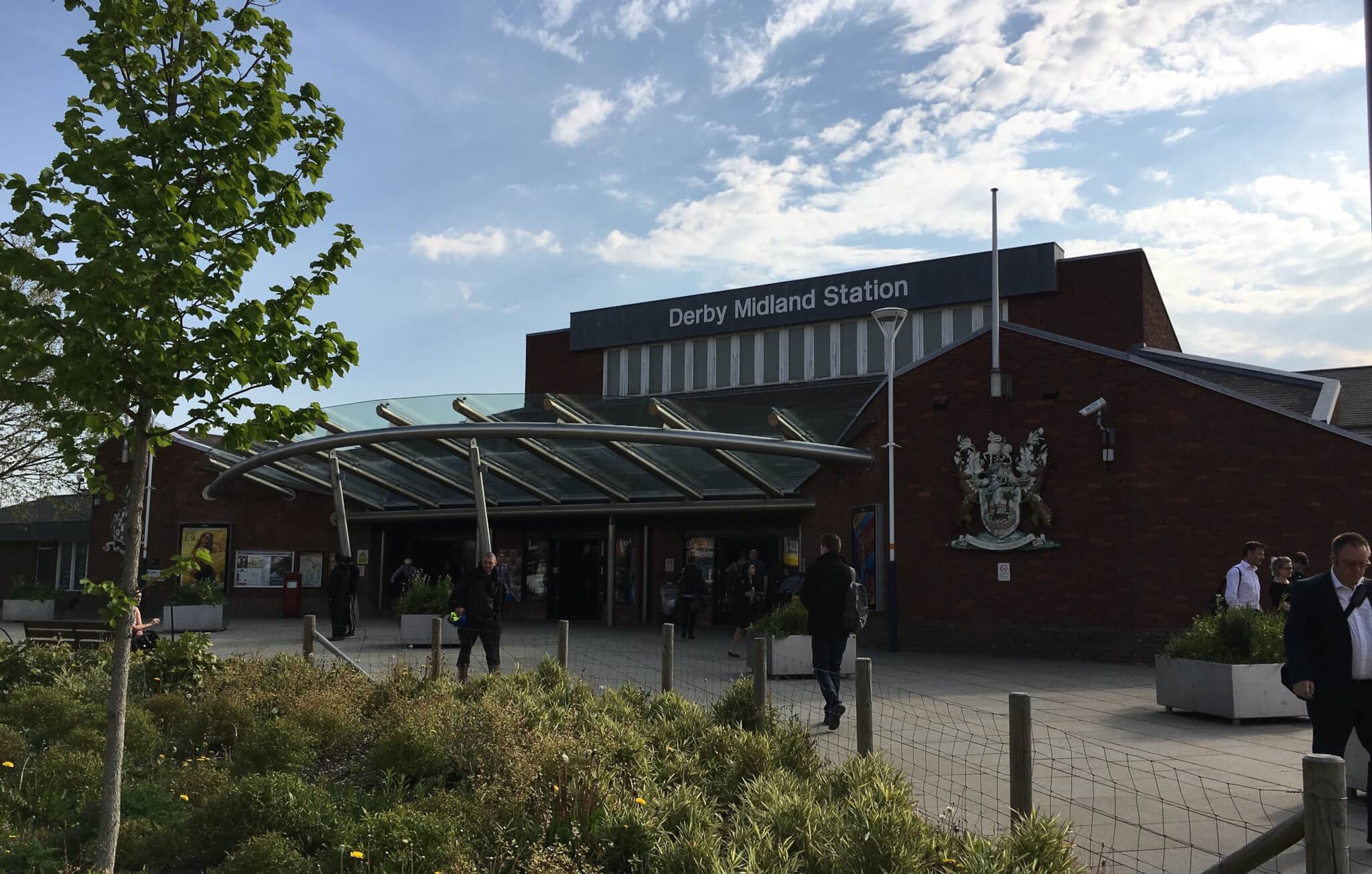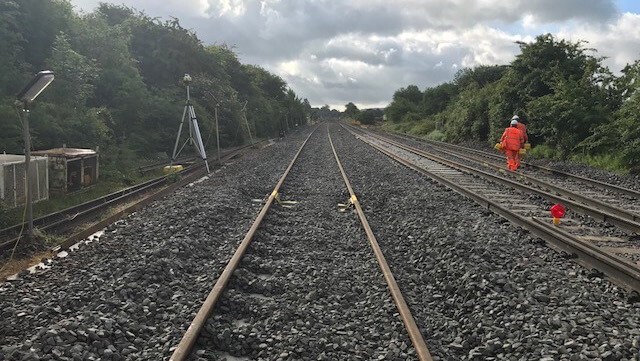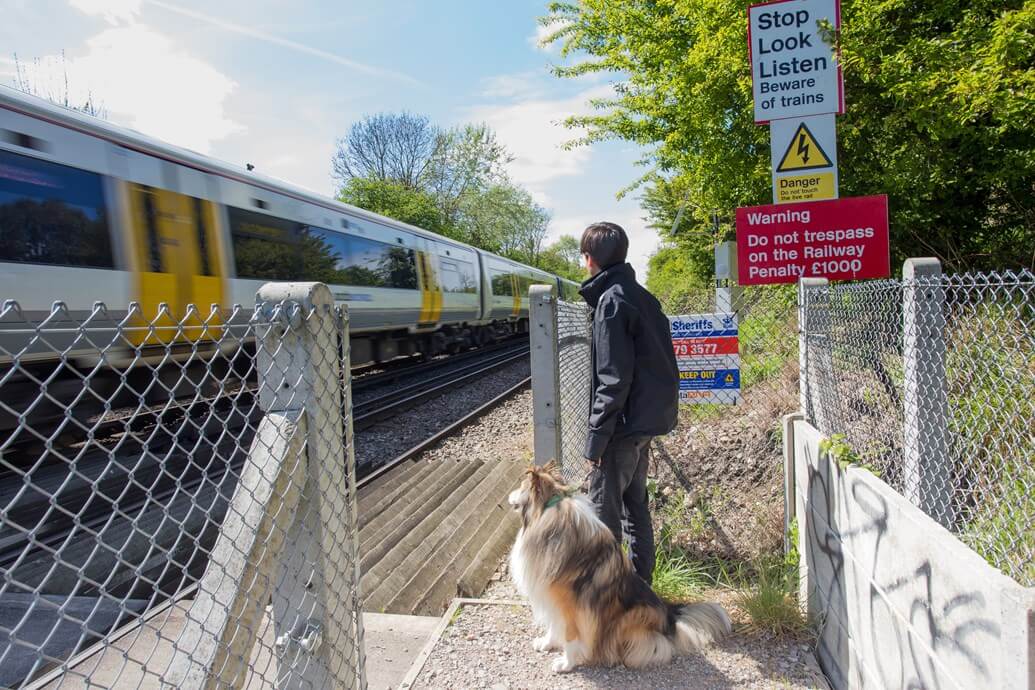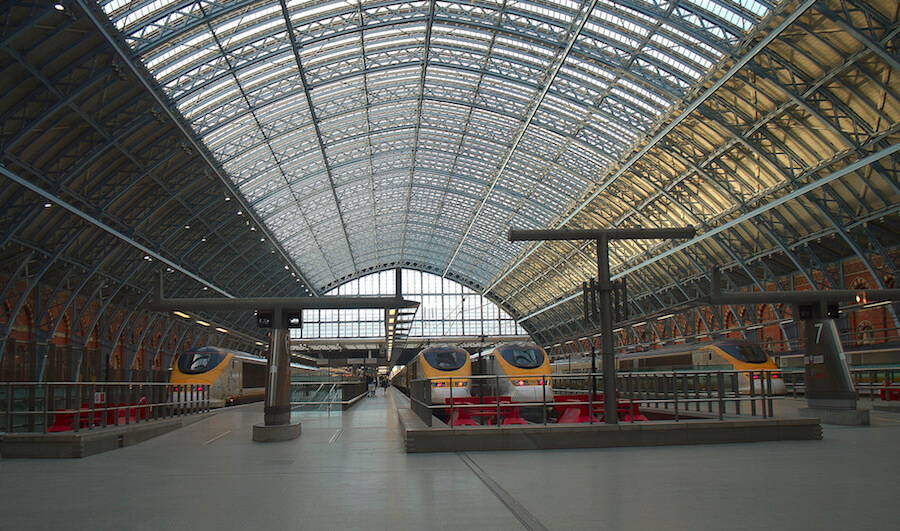A new delay-busting Traffic Management system on the Great Western Railway will boost performance on train journeys between London Paddington and Bristol Parkway.
Thanks to a two year contract agreed between Network Rail and the British signalling & train control specialists, Resonate, a one year trial of ‘Luminate’ Traffic Management System could see reactionary delays reduced by up to 15%.

Resonate’s Traffic Management System
Traffic Management systems on the railway manage and monitor the flow of trains identifying conflicts, allowing plans to be changed and so more effectively reduce delays and the impact to passengers. Computer algorithms save us time and money in all walks of life and Traffic Management uses the same principle. The system takes into account the different types of trains and services operating across the network forecasting their forward journey, highlighting any potential conflicts or delay. When disruption occurs, Traffic Management enables real-time re-planning to happen quickly so that train services can get back to normal as fast as possible, minimising delays. This can only be good for train and freight operating companies and passengers alike.
The project to deploy the system has already commenced and once finished in June 2018, the trial will run for a year until 2019.
Financing the Project
Network Rail and Resonate have agreed an innovative and ground-breaking way to finance the project so the cost to Network Rail and the tax payer is minimal and the financial benefits will be shared. In practice, this means that Resonate are picking up much of the costs to install and run the system. If reactionary delays reduce as predicted, compensation paid to train operating companies will also shrink and the money saved shared between Network Rail and Resonate.
David Waboso, group managing director for Digital Railway said:
“Thousands of passengers will benefit from the introduction of this cutting edge technology that could reduce train delays by up to 15% on the main lines out of London Paddington.
“We have also revolutionised the way we work with suppliers in the last year so that together, we can deliver real improvements to the railway and show measurable passenger benefits. Early contractor involvement and true partnership working is at the heart of all Digital Railway proposals. The pace at which we have designed and will deliver this trial is a testament to that approach.
“We need our partners in the supply chain to be 100 per cent invested in the products they provide for us, so why not share the costs and share the benefits? That’s the way to produce first-rate improvements to the railway. We’re not interested in paying a fortune for a product and then when challenges come our way, as they inevitably do, having none of the product expertise in the organisation to deal with them.
“I’m delighted to be working with Resonate on this project to improve performance on the Great Western Railway. The last remaining British signalling company, they have a stellar track record and will undoubtedly be a great partner to implement this trial by early summer 2018.”
Anna Ince, chief executive officer at Resonate, said:
“Digital Railway’s enlightened and open collaborative approach to early contractor involvement was the catalyst for our proposal. Understanding the outcomes required, as well as the business case, enabled us to make a ground breaking commercial offer.
“We are delighted that our digital platform, developed in the UK, will be used on this busy and complex route to reduce train delays. We look forward to continuing to work closely with Digital Railway and the Western Route to improve passenger journeys.”
Mark Langman, route managing director at Network Rail welcomed the trial onto his route: “This is a really exciting time on the railway and particularly on the Western Route as we move towards a more efficient digital railway and introduce a fleet of new modern trains. On a crowded network one issue can cause several delays so any opportunity to improve train performance for passengers and freight and deliver real measurable passenger benefits is welcome.
“Our work with Resonate on this project is revolutionary and as well as improving train performance it represents an efficient use of taxpayers’ money with some significant potential savings.
“Being a devolved route organisation has enabled us to move faster and get this trial up and running quickly in a new, innovative way.”
Digital Technologies in the Rail Industry
The Department for Transport has been working very closely with the Digital Railway team on numerous proposals and business cases to increase capacity and improve performance on Britain’s railways.
Rail Minister Paul Maynard said:
“Digital Railway technologies will allow us to safely and securely put more trains on our network. This means more service, more space and more choice for passengers, and we have always said that we want to see passengers at the heart of everything we do on the railways. So I am delighted to see Network Rail choosing to work closely with an innovative, British company to realise the benefits that digital technologies can bring to passengers and the UK economy.”
Original article © Resonate.
FOR ALL THE LATEST INFORMATION, NEWS, IMAGES, VIDEOS AND ARTICLES ON ALL ASPECTS OF DATA SYSTEMS, PLEASE CLICK HERE.


















